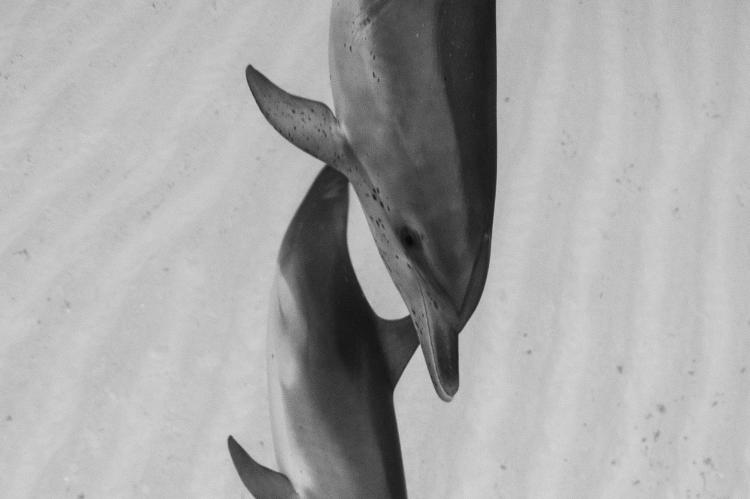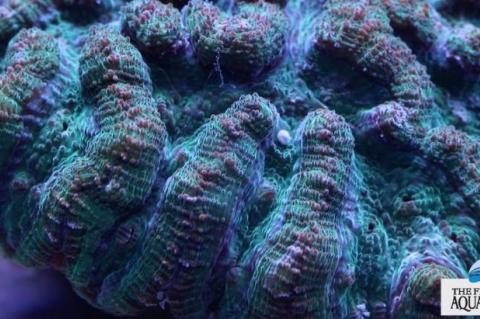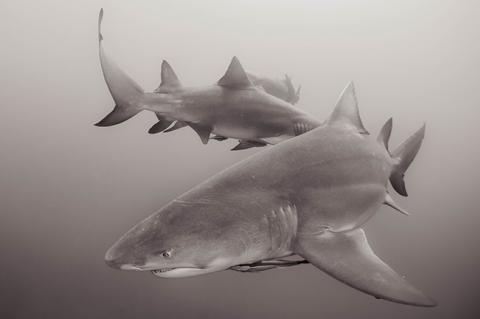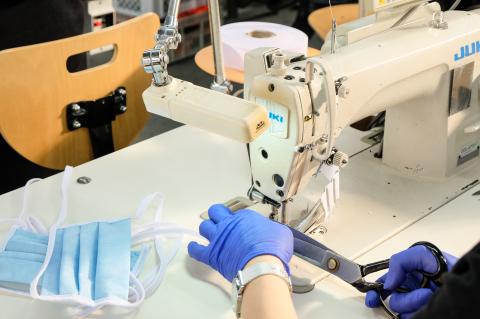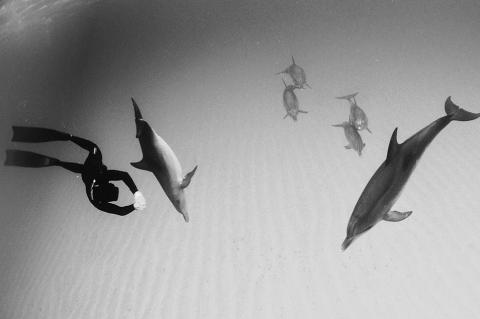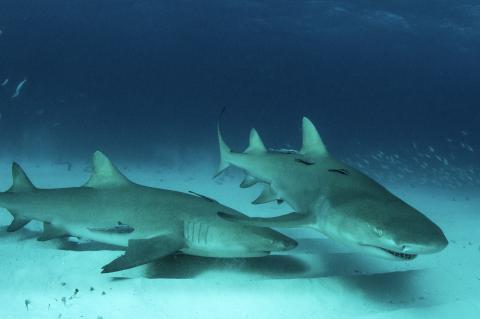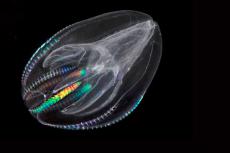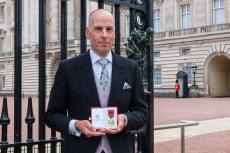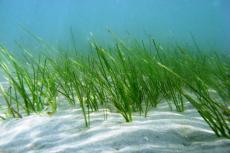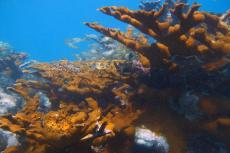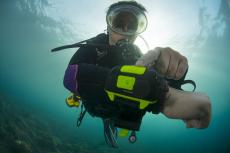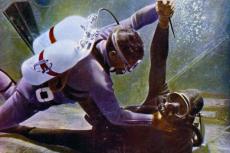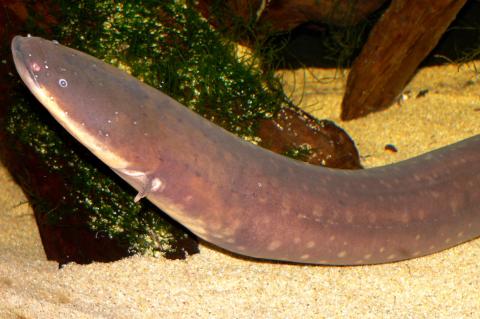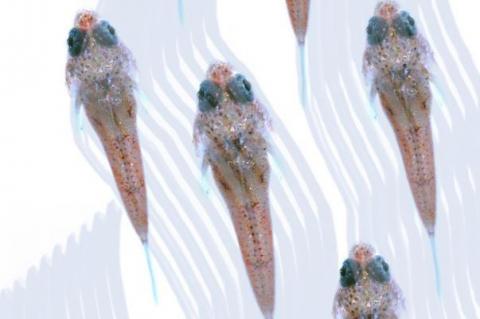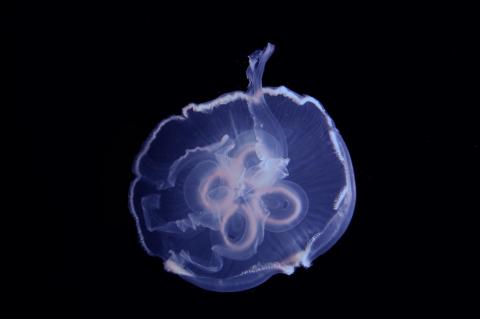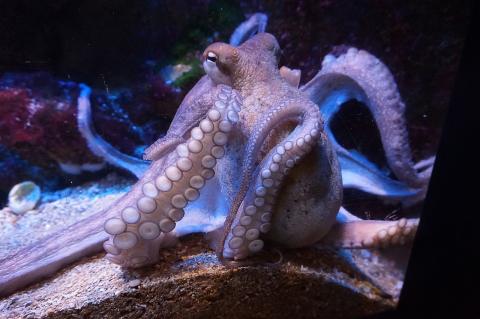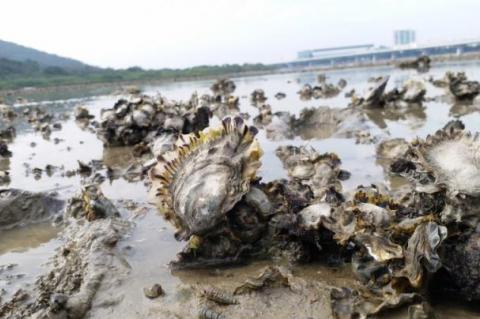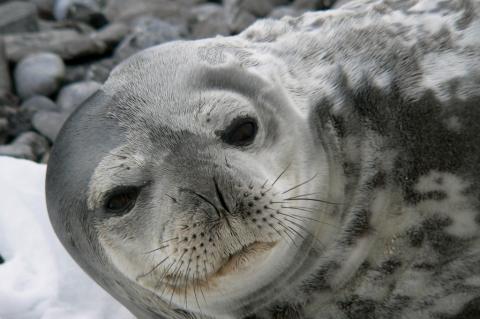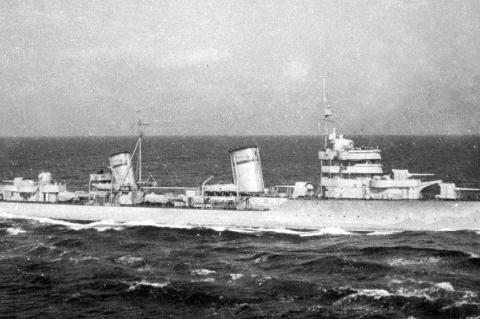Dolphins form friendships
Highly social animals, dolphins make friends with other like-minded dolphins, new research shows.
Bottlenose dolphins in the Indian River Lagoon (IRL) in Florida were studied by a group of scientists of the Harbor Branch Oceanographic Institute (HBOI) at Florida Atlantic University. Using intensive photo-ID surveys, the scientists discovered that the dolphins preferred to be with certain individuals, while avoiding others. They also formed “communities,” which tended to stick to specific areas along the lagoon system.
“One of the more unique aspects of our study was the discovery that the physical dimensions of the habitat, the long, narrow lagoon system itself, influenced the spatial and temporal dynamics of dolphin association patterns,” said HBOI research biologist Elizabeth Murdoch Titcomb, who was involved in the study. “For example, communities that occupy the narrowest stretches of the Indian River Lagoon have the most compact social networks, similar to humans who live in small towns and have fewer people with whom to interact.”
Common interests
Similar to us humans, dolphins are drawn together by common interests, according to researchers at the Universities of Bristol, Zurich and Western Australia.
The scientists studied Indo-Pacific bottlenose dolphins at Shark Bay, a World Heritage area in Western Australia—the only place in the world where dolphins have been seen using marine sponges as tools for foraging. This learned technique is passed down from generation to generation, helping the animals to locate food in deeper waters. It seems that dolphins who use the technique tend to associate more so with others who do too, establishing friendships that can last many years and are important in the mating success of male dolphins.
“Foraging with a sponge is a time-consuming and largely solitary activity, so it was long thought incompatible with the needs of male dolphins in Shark Bay—to invest time in forming close alliances with other males,” said co-author of the study and senior research associate at Bristol’s School of Biological Sciences Dr Simon Allen. “This study suggests that, like their female counterparts and indeed like humans, male dolphins form social bonds based on shared interests.”



